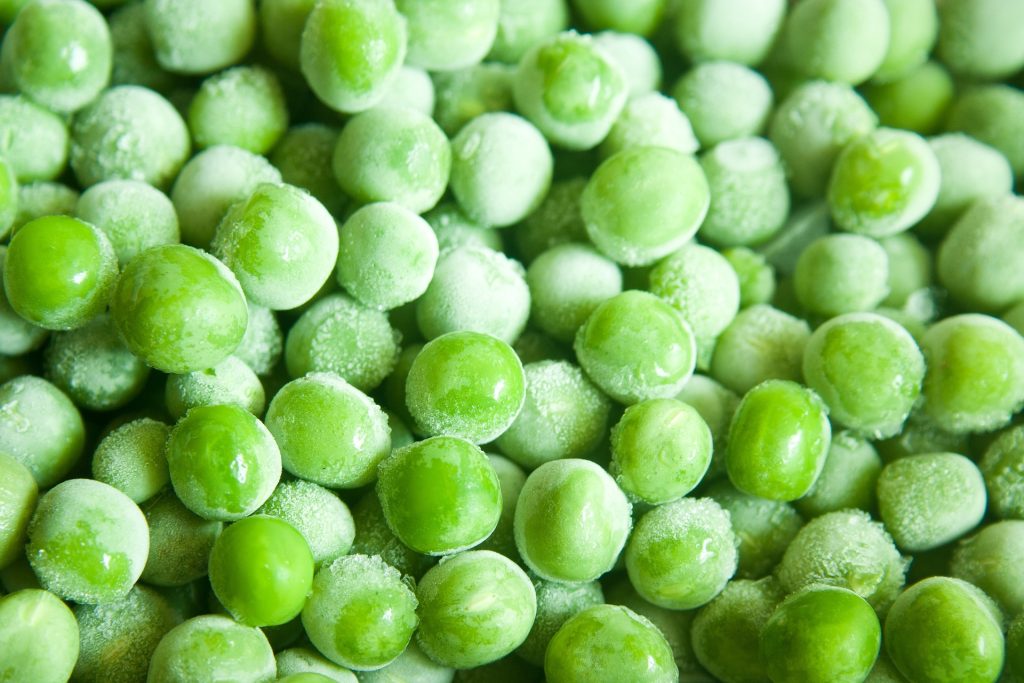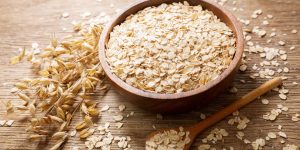Both fresh and frozen vegetables have their health benefits, but frozen vegetables may actually be more nutritious in some cases.
Others are reading now
Fresh fruits and vegetables are some of the healthiest foods we can eat. But what about frozen fruits and vegetables?
Fresh produce is packed with essential nutrients like vitamins, minerals, and antioxidants.
But fresh food isn’t always available—especially during the winter months—so frozen fruits and vegetables can be an excellent alternative.
In fact, frozen foods can sometimes be more nutritious than fresh ones.
Also read
This is because vegetables meant to be sold fresh are often harvested before they fully ripen, allowing them to survive transport to stores and consumers without becoming overripe.
On the other hand, produce destined for freezing is typically harvested at peak ripeness, when its nutritional content is at its highest.
Freezing Preserves Vitamins
Even when fresh and frozen fruits and vegetables are harvested at the same stage of ripeness, freezing can better preserve certain nutrients by slowing down decomposition processes.
A study from the University of California analyzed the vitamin content of eight fruits and vegetables harvested at the same time, but stored either in a freezer or refrigerator. Some of the frozen foods showed higher levels of vitamins C and E compared to their refrigerated counterparts.
While the retention of vitamins can vary based on storage methods, the mineral content remains the same in both fresh and frozen produce.
However, many frozen fruits and vegetables are blanched before freezing to kill microorganisms, a process that can lead to the loss of some vitamins and antioxidants.
For example, fresh peas lose about 10% of their vitamin C content daily when stored at room temperature. In contrast, frozen peas lose less than 10% of their vitamin C content over an entire year in the freezer.








